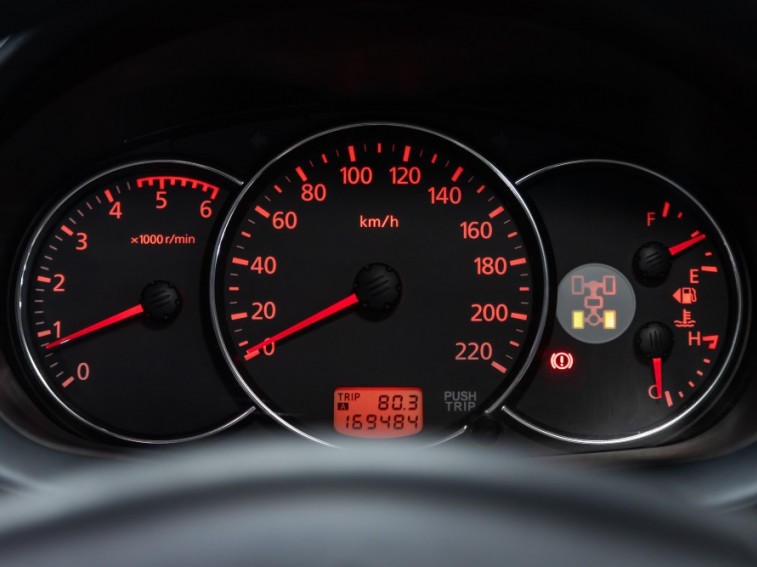Compared to our daily purchases, even a cheap salvage car can be a relatively big financial decision, so it’s always worth taking the time to do your research before you buy one - partially because it can help you avoid things like car clocking. Not only can car clocking end up costing you more money in the short term, but it can even be physically dangerous. Here’s exactly what you need to know about car clocking, and what it’s worth double checking when you come to buy a salvage car.
What is car clocking?
‘Clocking’ is an informal term that refers to the practice of rewinding a car’s odometer, which measures the total distance travelled. It’s frequently done in an attempt to disguise the vehicle’s true mileage, which allows it to be sold at a higher price. It’s all about depreciation - the further a car has travelled, the more it’s been used, and the less it’s worth. Therefore, a car that appears to have a lower mileage can make more money for the seller.
With a few exceptions, the law tends to take a very dim view of this. If a clocked car is sold without the seller declaring it as such, it can amount to odometer fraud, which carries heavy penalties. What’s more, car clocking can be actively dangerous. While the car might appear newer, changing the odometer doesn’t alter the age or state of any other internal components. If they’re older or more worn than the new owner expects them to be, their failure can cause potentially deadly accidents. How likely would you be to get into a car if you weren’t 100% sure the brake pads were in a good enough condition?

Is car clocking illegal?
It depends. Technically, it’s not illegal to alter the odometer itself, as there can be genuine practical reasons for doing so. For example, if a car has been imported, it might be necessary to alter the odometer so that it records in miles rather than kilometres.
However, it amounts to a crime if a clocked car is sold by an owner who intentionally deceives a buyer about its mileage, whether directly or through omission. It’s classed as odometer fraud, and can carry heavy penalties for dealerships and private sellers alike. As a crime, it peaked in the 90s, but there are still instances of it happening today.
How can you spot a clocked car?
There are a number of ways you can identify if a car has been clocked. One of them simply involves using your gut instinct. If you feel like the total mileage of a car is suspiciously low compared when judged against the condition of other parts, it’s worth asking the seller why that might be the case. If you feel like you’re unable to get a satisfactory answer, especially from a private seller, then it’s a good reason to consider walking away.
It’s worth noting that if you spot that a car in your possession has been clocked, then it’s your responsibility to declare it as such when you’re selling it to a new buyer, or in the case of a lease returning it to the finance company.
We take care to do our own due diligence as far as we can for our own online vehicle auctions here at RAW2K, but it’s worth bearing in mind that all our vehicles are sold as seen - so if you want to do more of your own research, feel free to! If you want to check on a car’s mileage, you can reference the National Mileage Database. Alternatively, you can make an HPI check on the vehicle, while generally costs about £20. (If you need a bit of help on getting started, we’ve already published an extensive post on how to run a background check on an auction car.)
We’ve got a huge range of makes and models in our own online vehicle auctions here at RAW2K, where you’ll find a fantastic variety of used, seized and salvage cars from the likes of Renault, Ford and Audi. Why not take a look around, and see what we’ve got in stock?




